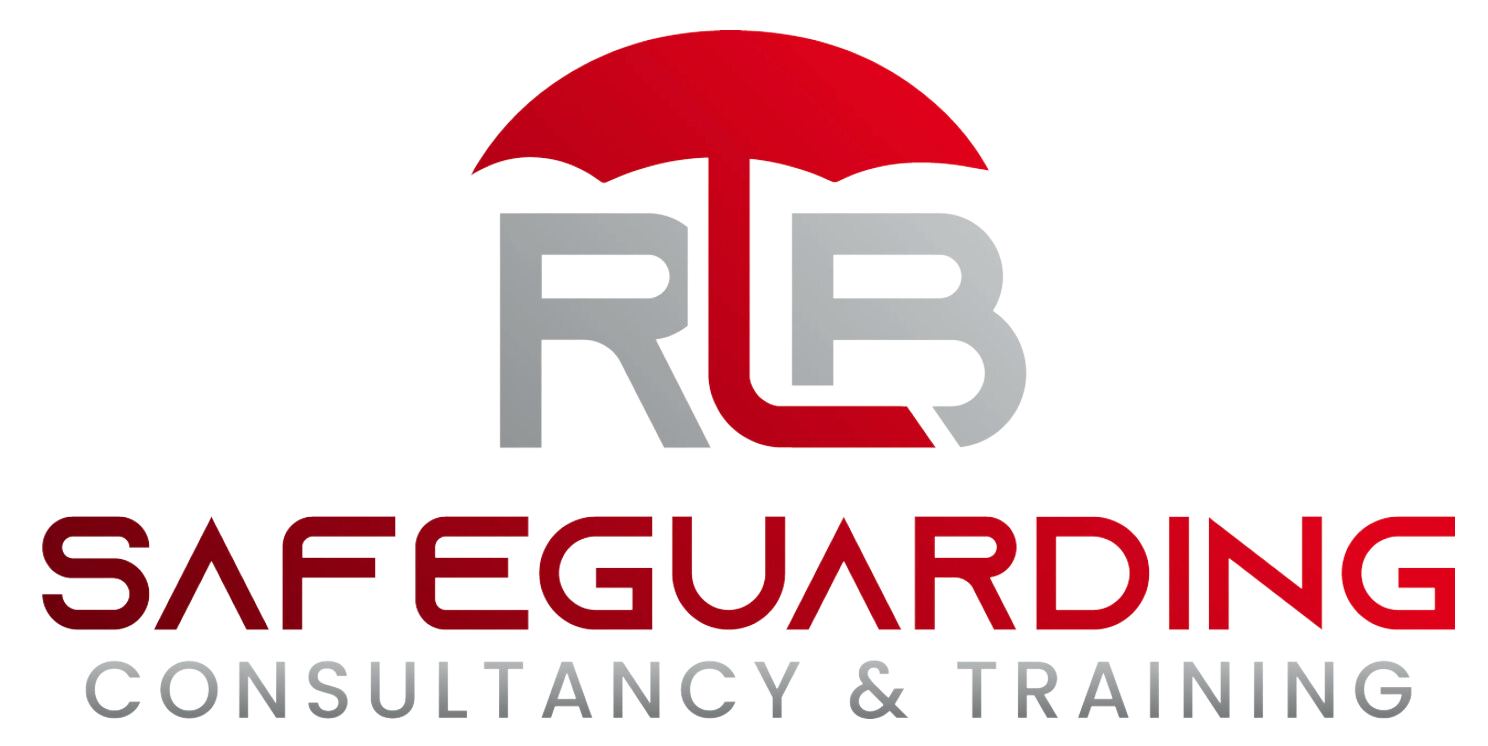Love shouldn’t hurt
October is Domestic Abuse Awareness Month. So, in order to keep things authentic and to pay respect, we are sharing a series of personal stories for the remainder of the month.
Here is Louise’s story…
Louise grew up in a home of violence and emotional instability from birth. Her parents were very young when they conceived and they probably didn’t have everything figured out as people never mind as parents. We of course know that there are many phases of transition for teenagers to become adults and this of course does not just happen overnight, nor if there is a life changing event such as pregnancy or if a baby is brought into the world.
Louise grew up in a small village where most people knew one another and was loved dearly as a child by many however she suddenly became exposed to arguments and noise and regular episodes of extreme physical and emotional violence between her parents. As a child she was rather shy and would often feel scared and unsettled. Reflecting back as an adult, Louise reports that ‘everyone knew what my dad was doing and yet nobody really said it or did anything to help, I suppose didn’t even try to help him either.’ The people around her such as family members, neighbours, family friends, local people and teachers all knew. On occasions she was asked how she was or invited to stay with grandparents however it really hit home then and still now that nobody actually intervened, like it was none of their business and they should keep out of it…. ‘I remember being around 14 and out in the yard at home really late at night after a really violent episode from my father to my mother that was ongoing. I had ran out of the house for help and our neighbours could clearly hear, I was crying, like sobbing uncontrollably just wishing for someone to help me, and they looked at me with a sad face as if they pitied me but then continued putting the rubbish in the bin and walking back into the house.’ That has stuck with me for all these years.
You see, Louise was viewed as ‘resilient’, if you can use that term respectfully, she was able to still achieve academically and socially and had lots of friends and hobbies. They were never short of money and still able to have a nice time as a family on occasion. She did not come across as a child in need and despite the enormous volume of arrests and police visits, she was never spoken to by any professional about her welfare.
There was a huge element of jealousy from her father towards her mother which took a lot of attention from Louise. Unable to have a fully flourishing relationship with either parent past early years it became apparent that Louise had to grow up fast. She would regularly physically and emotionally intervene and act as her mother’s protector in the extremely violent fights between her father and mother and quickly realised that this was having a huge impact on her emotionally. She became angry and emotionally affected particularly as a teenager using alcohol and had many unfulfilling relationships.
She was often told she was ‘miserable, not going to amount to anything, and had ruined their lives by being born’. Some words that would stay with Louise into adulthood and of course continue to impact upon her self-esteem and self-worth even today. She has struggled in a lot of her own relationships as a teenager and an adult as she did not understand her worth until the past few years. A constant people pleasing attitude and striving for a perfection to avoid disappointing anyone.
Louise was and is regarded as a child who has suffered a significant amount of adverse childhood experiences (ACES) including physical and emotional abuse, parental domestic abuse, parental mental health and substance/alcohol misuse, parental incarceration and episodes of parental separation. She has however managed to thrive in later adult life despite her challenges which of course is an incredible outcome. She has agreed to share her story so that others can see the impact of parental harms on children and how they do affect a person in later life.
If you or anyone you are working with is experiencing domestic abuse please ensure you try to access support at the earliest opportunity and please do always consider the impact upon children with priority.
Thank you Louise for sharing your story.
Support contacts and guidance links:
https://www.gov.uk/government/publications/domestic-abuse-act-2021
https://www.gov.uk/guidance/domestic-abuse-how-to-get-help
https://www.nhs.uk/live-well/getting-help-for-domestic-violence/
https://www.womensaid.org.uk/womens-aid-publishes-groundbreaking-research-looking-at-what-influences-children-and-young-peoples-understanding-of-domestic-abuse/
https://www.hestia.org/respond-to-abuse
https://www.nationaldahelpline.org.uk/
https://mensadviceline.org.uk/
https://galop.org.uk/
https://karmanirvana.org.uk/
https://www.gov.uk/stop-forced-marriage
